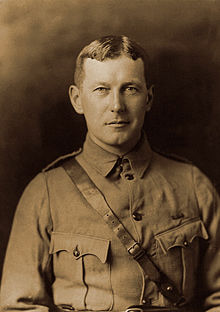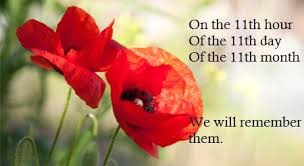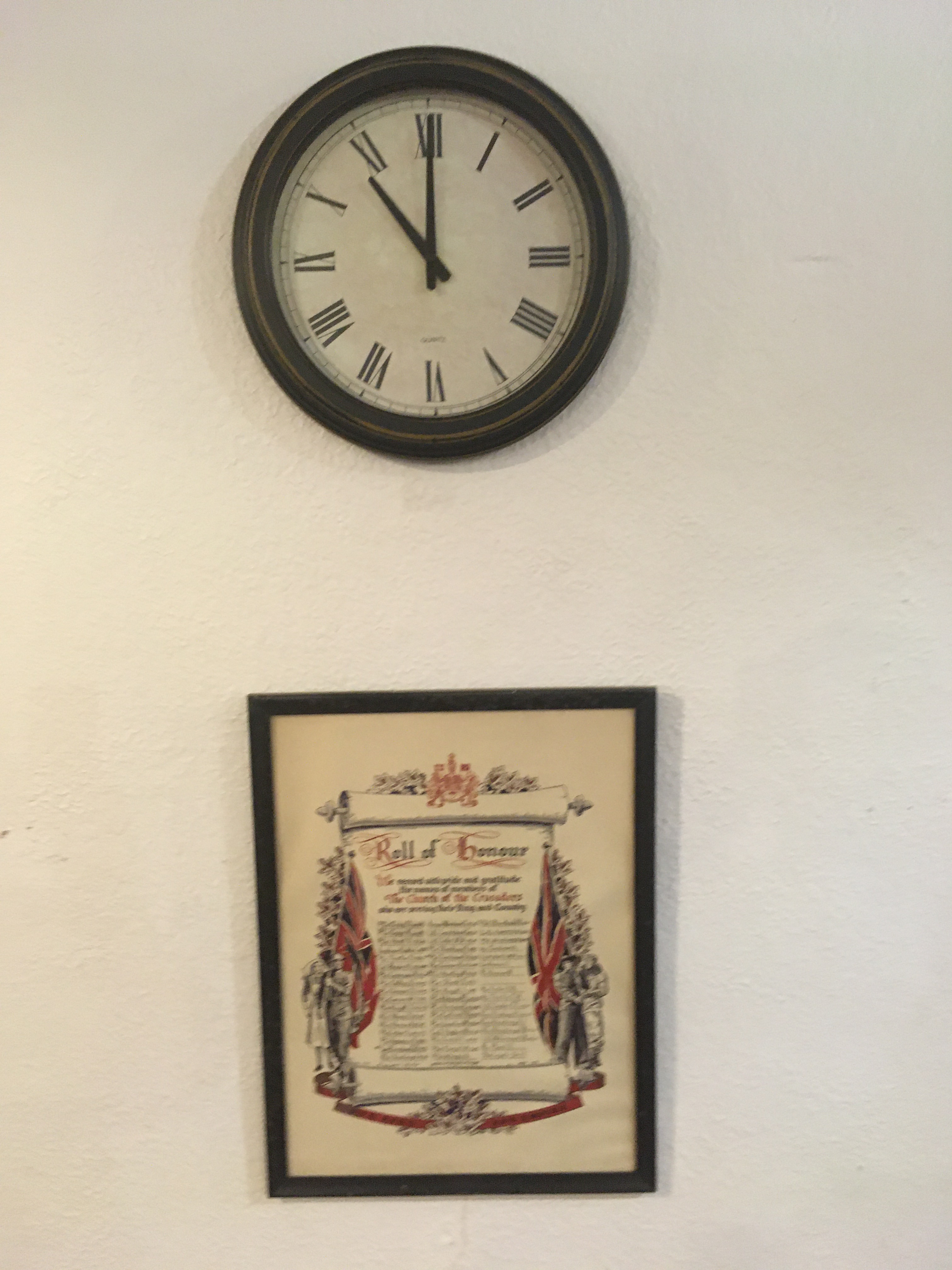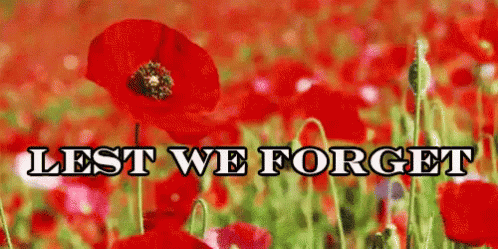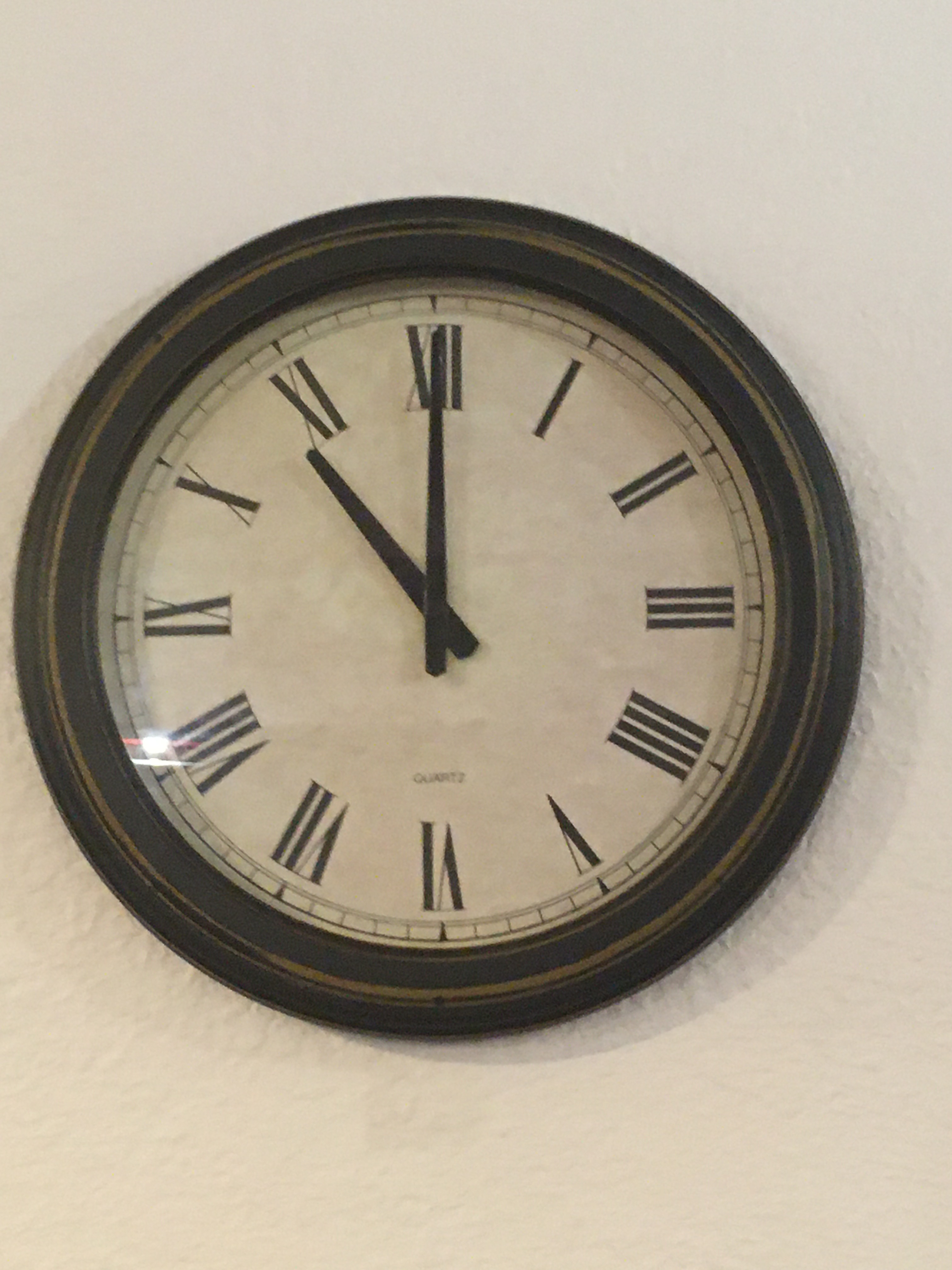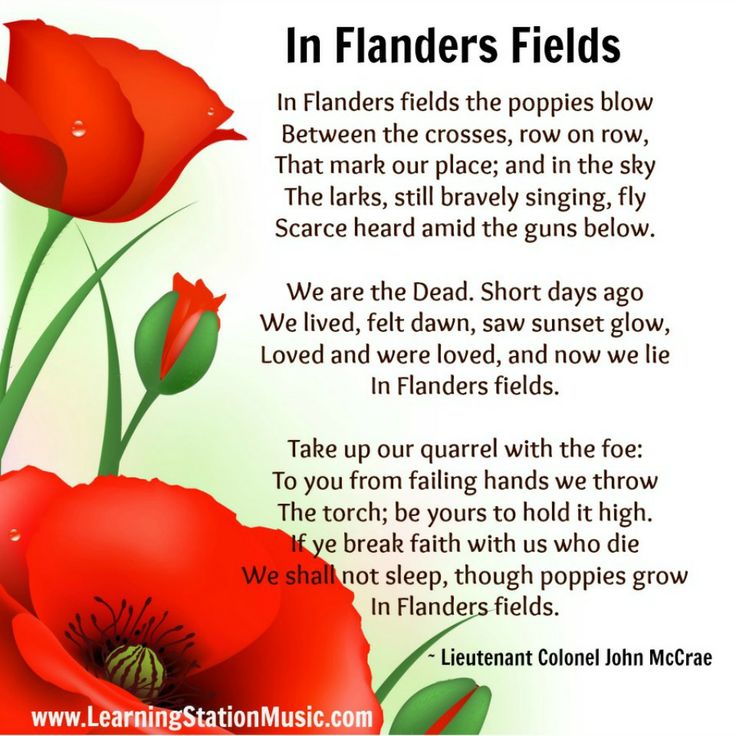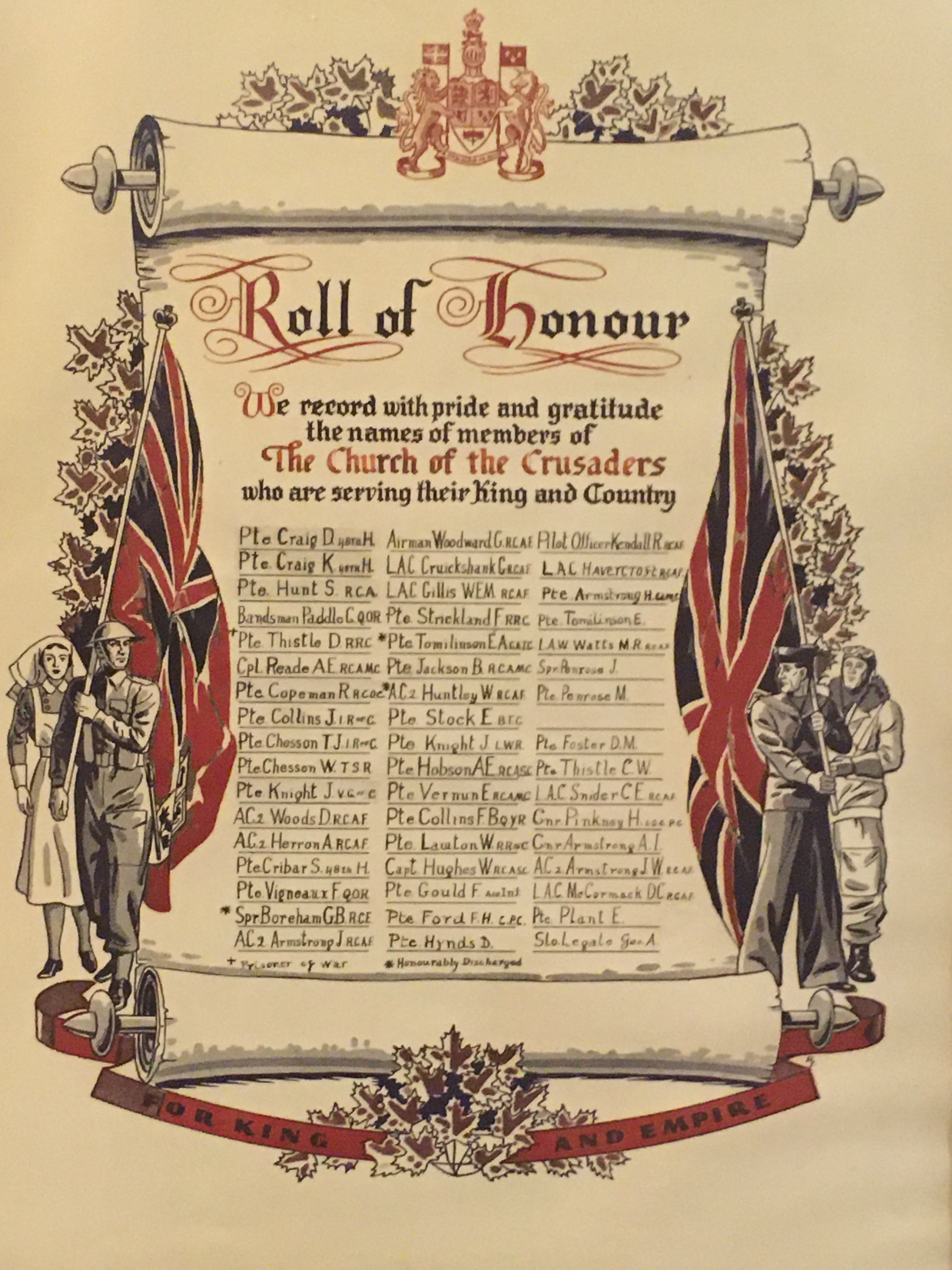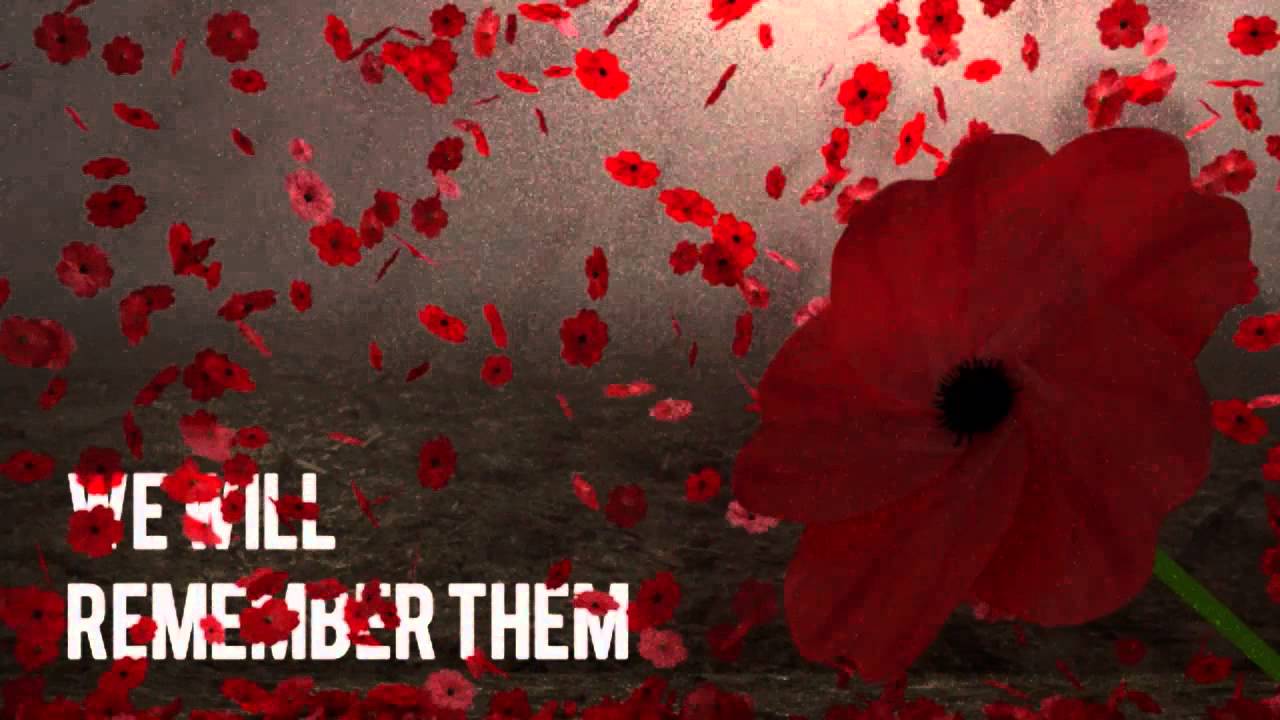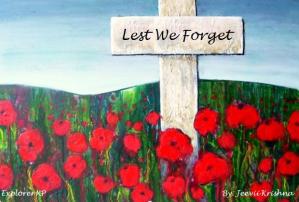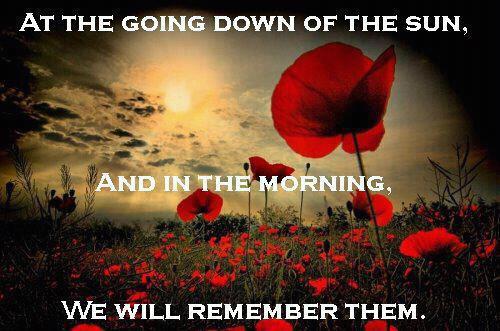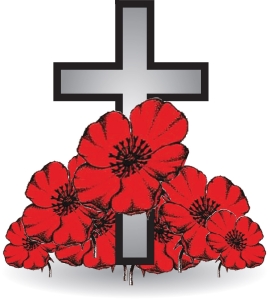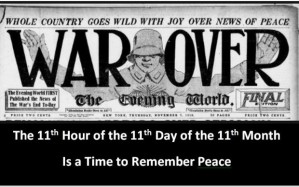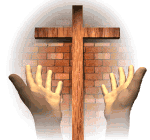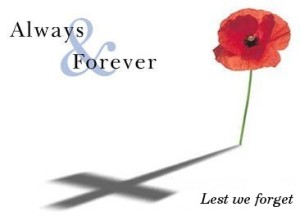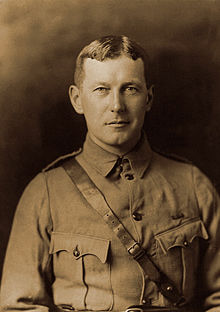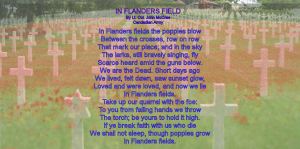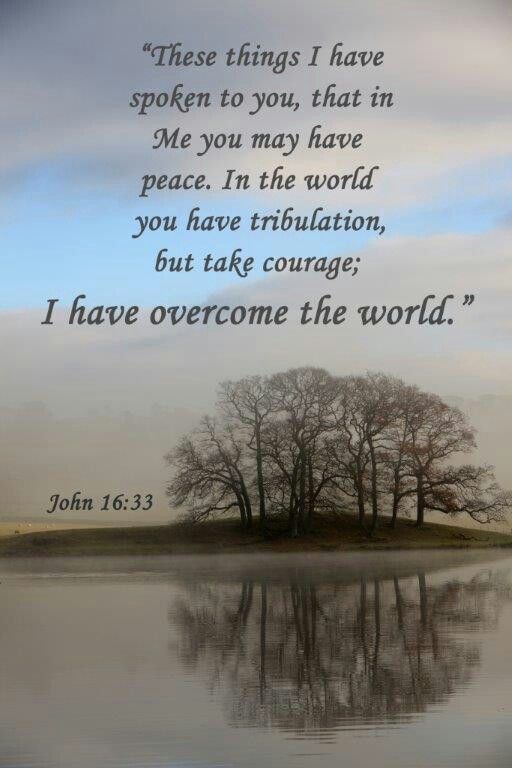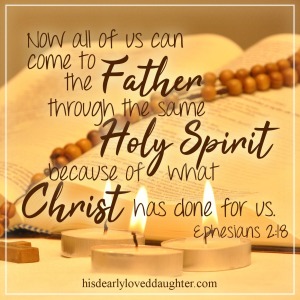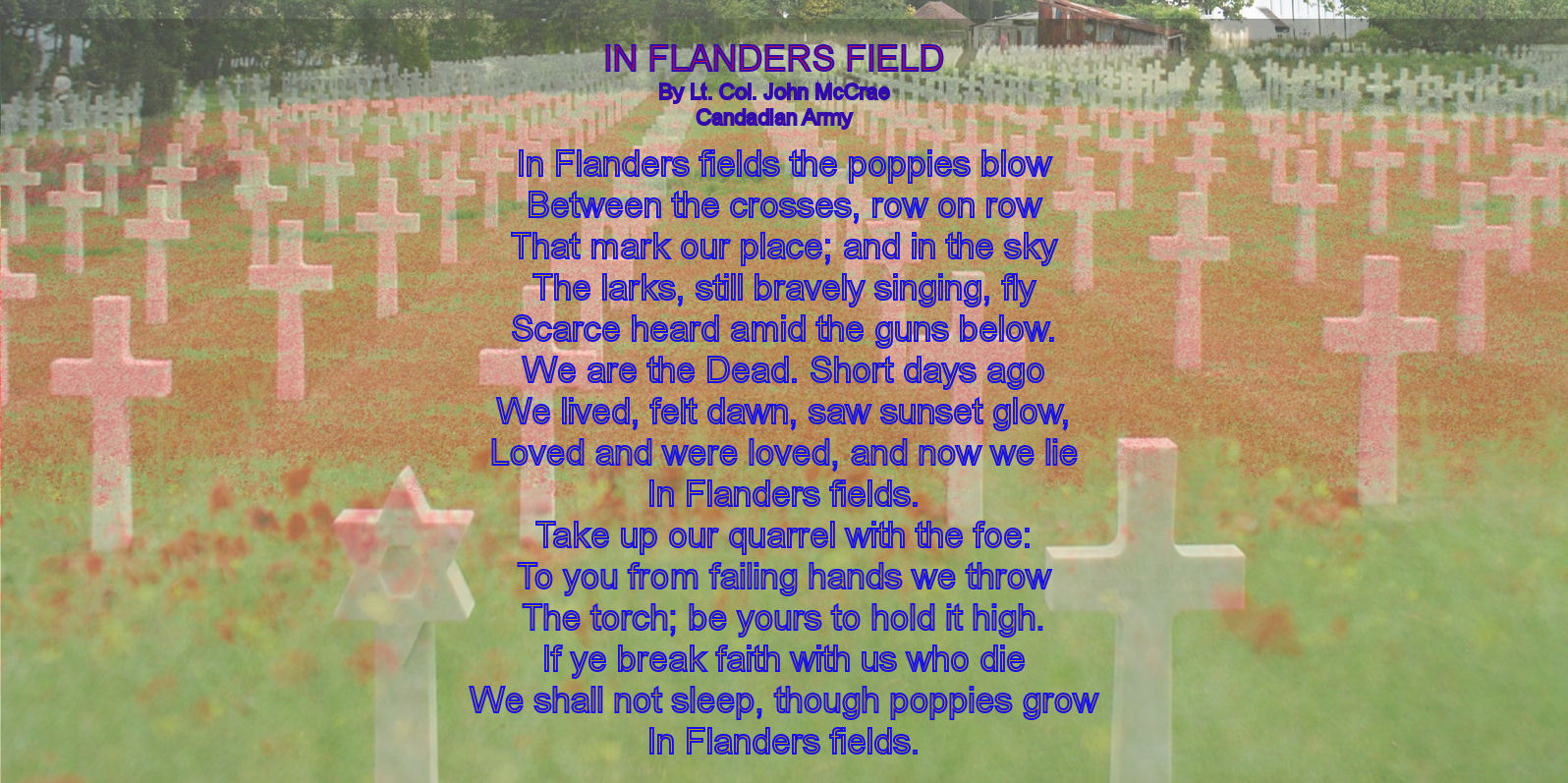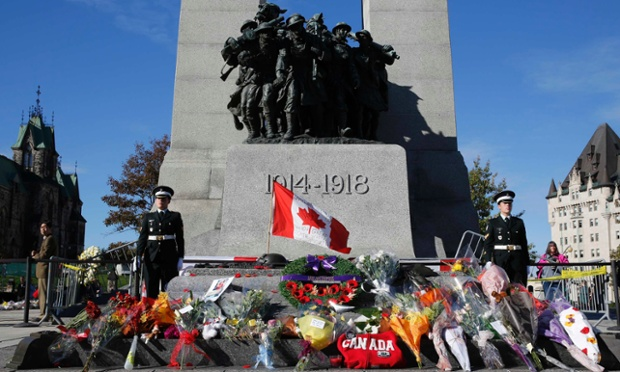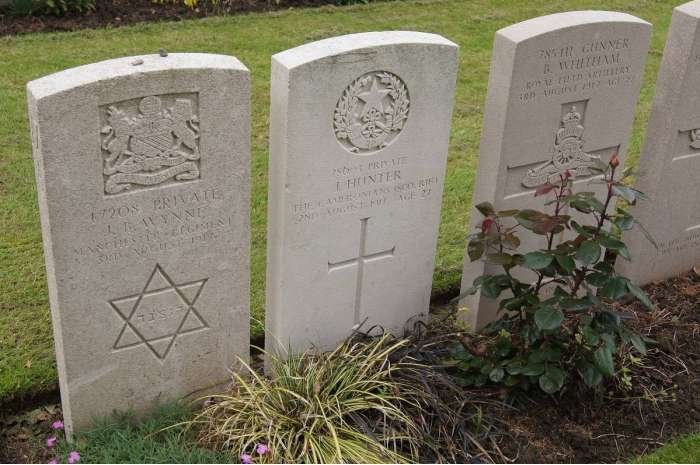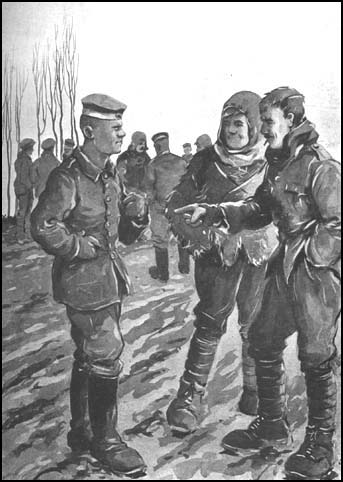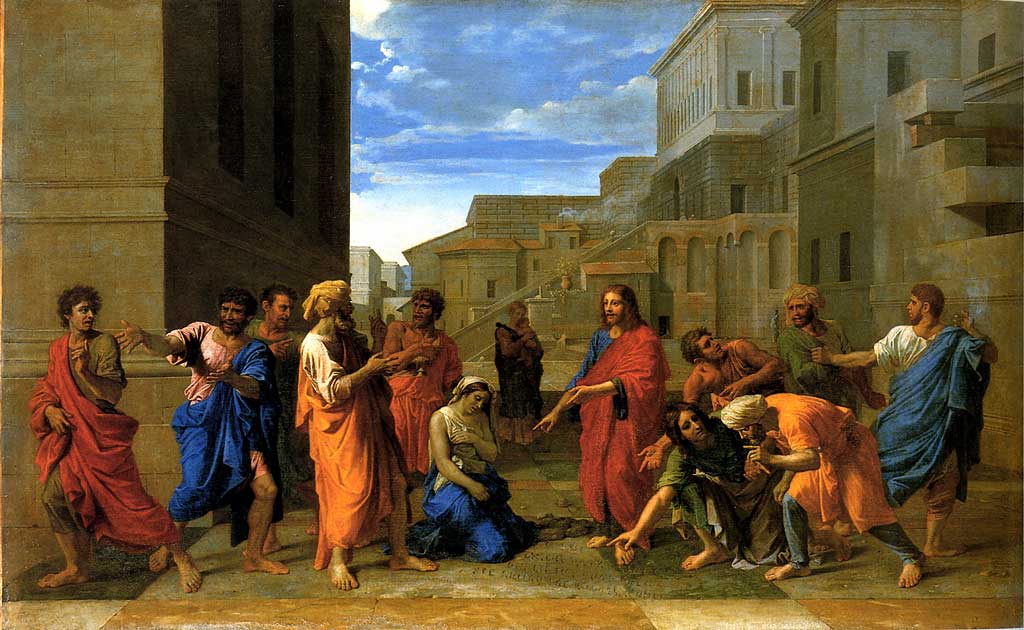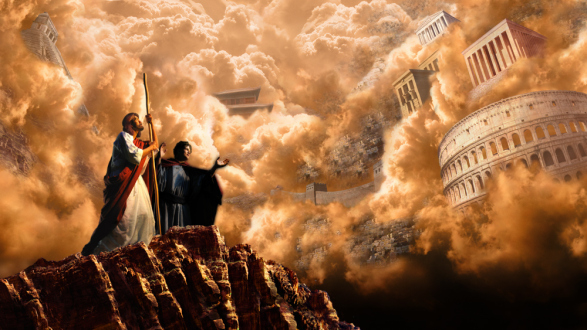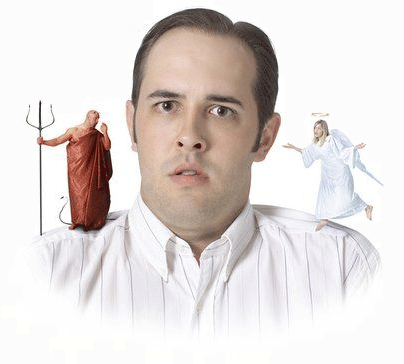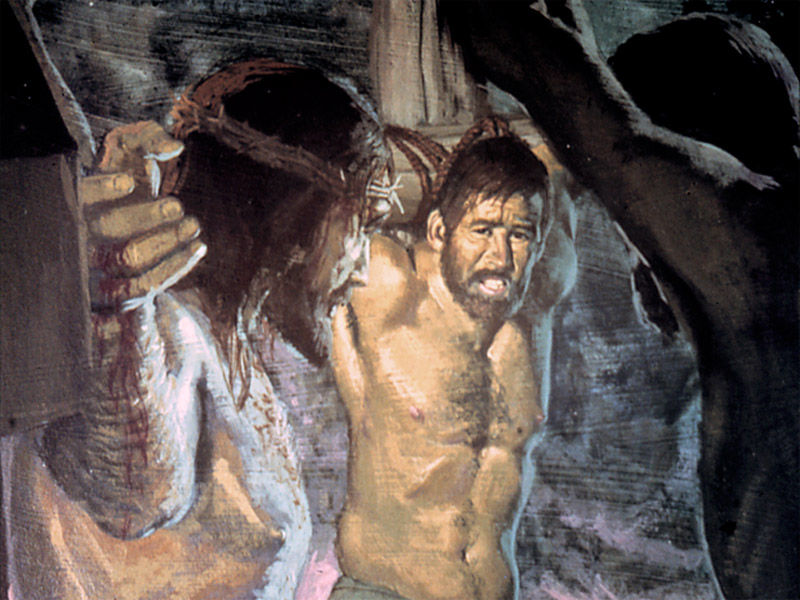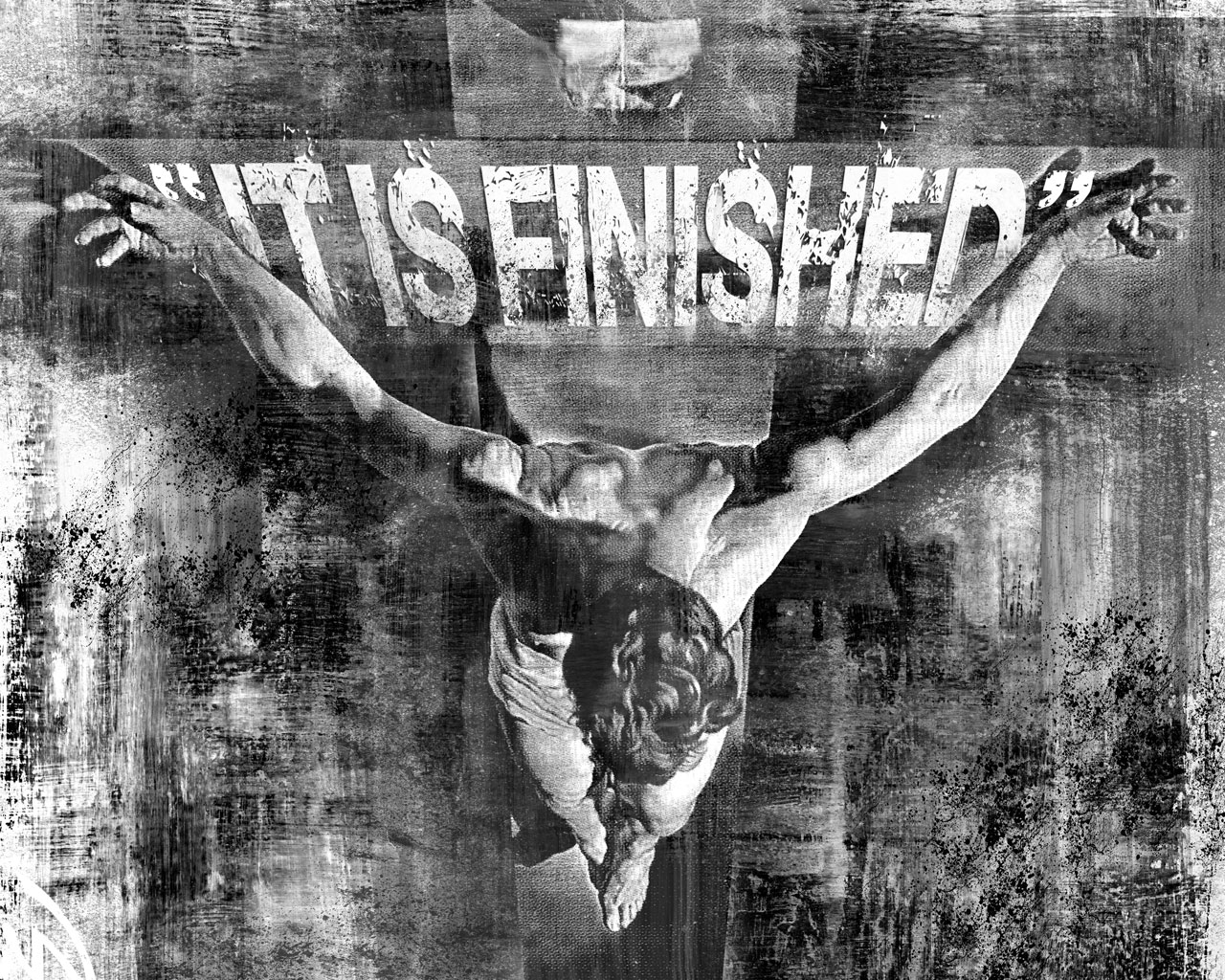
Dear BLCF Friends,
Effective April 10, 2022, Bloor Lansdowne Christian Fellowship – BLCF Church will reopen for Sunday worship under the limitations and guidelines set by Public Health and the Board of BLCF. In order to protect those who are vulnerable at Bloor Lansdowne Christian Fellowship from COVID-19 Virus infection, the BLCF Board mandates that the church will be open, under the following rules:
- Attendees must wear a mask while on the premises
- Attendees observe two meters of social distance while seated
- Attendees use hand sanitizer as needed
- Attendees follow any additional directions given by members of the board, while inside the church
Please be advised that both the BLCF Café Community Dinner and the BLCF Wednesday Prayer Service will continue to remain closed effective March 16, 2020, and until further notice. We pray with the administration of sufficient COVID-19 vaccinations, and following the determination of Health Canada and other Health Authorities, that the danger of the Pandemic will have subsided sufficiently, to allow BLCF to reopen more of our worship and outreach activities without any concern of infection to the vulnerable within our community. – Pastor Steve
![]()
COVID-19 Current Trends in Canada (Positivity above 5% is considered high)
Weekly Percent Positivity:
17.8 % Positivity – 158 Deaths (October 31, 2023, 8 am ET)
17.5 % Positivity – 155 Deaths (October 24, 2023, 9 am ET)
19.8 % Positivity – 126 Deaths (October 17, 2023, 9 am ET)
19.6 % Positivity – 110 Deaths (October 11, 2023, 10 am ET)
15.1 % Positivity – 48 Deaths (September 12, 2023, 9 a.m. ET)
11.6 % Positivity – 30 Deaths (August 29, 2023, 10 a.m. ET)
6.8 % Positivity – 19 Deaths (August 1, 2023)
https://health-infobase.canada.ca/covid-19/#a2

Bloor Lansdowne Christian Fellowship – BLCF Church, 1307 Bloor Street West, Toronto, ON.
Message for Sunday:
Remembrance: By Means of the Poppy and the Cross
© November 5, 2023, by Steve Mickelson
Based On Messages Shared at BLCF on November 7, 2021, November 8, 2015, and November 11, 2012
BLCF Bulletin November 8, 2015

Announcements and Call to Worship; Prayer
Tithing & Prayer Requests; Hymn #572: Praise God from Whom All Blessings Doxology (Praise God From Whom All Blessings Flow) Instrumental – https://youtu.be/Mk4p3rihONU
Music Special: Cochren & Co. – Church (Take Me Back) – (Lyrics) – https://youtu.be/EVHlJwfD95M?si=7ecLy5gFc-Vrh-2O
Music Special: Lauren Daigle – In Christ Alone (Lyric Video) https://youtu.be/sr-3ExXX0VM
Music Special: Real Life Worship / DEFENDER led by @MandyHarveyOfficial / Jesus Culture Cover – https://youtu.be/TyoaHZmMULc?si=_HqKiturOaEaQrZS


Responsive Reading #671: God’s Love and Ours (1 John 4)
Today’s Message by Steve Mickelson: Remembrance: By Means of the Poppy and the Cross

Let us pray…
Welcome to Bloor Lansdowne Christian Fellowship -BLCF Church’s Sunday Praise and Worship Service for the first Sunday of November 2023. I trust that all enjoyed the extra hour’s sleep as we went from Daylight Saving Time to Standard Time. As today is the first Sunday of November, it is also Communion Sunday, where we observe the Lord’s sacrifice paid for our sins on Calvary’s Cross and His gifts of Salvation and God’s Holy Spirit. In one month, we will observe the Advent of Christmas.
As Remembrance Day – November 11 this year falls on this coming Saturday, our lesson today will examine aspects of the poppy and the cross, as two symbols of remembrance of sacrifice on our behalf.
I stand before you wearing one of these symbols, the poppy, pinned above my heart, while illuminated behind me is the other, which is the cross.
This Saturday morning, we will take time to observe, with the aid of the poppy, the 11th hour of the 11th day of the 11th month, signifying the anniversary of the Armistice that was signed in 1918 to end World War I, ironically called “the war to end all wars”.
Today, the date is called Remembrance Day in Canada and Britain and Veterans Day in the United States. For us, Remembrance Day is a day where we remember all who died not only in this war but in all other conflicts, to both preserve and protect our democratic freedom and way of life in Canada.
We, in the Christian Church, also have a symbol no less important. It’s the Cross of Jesus. One of His great sayings is:
‘Greater love has no one than this, that he lay down his life for his friends’- John 15:13 (ESV).
And that is what Christ did for us.

Two great symbols of sacrifice are the Poppy and the Cross.
What is so special about a poppy on Remembrance Day? Why not use a pansy? Scarlet poppies grow naturally in conditions of the disturbed earth throughout Western Europe. The destruction brought by the Napoleonic wars of the early 19th Century, transformed the bare land into fields of blood-red poppies, growing around the bodies of the fallen soldiers.
In late 1914, the fields of Northern France and Flanders were once again ripped open as the First World War raged through Europe’s heart.
The significance of the poppy as a lasting memorial symbol to the fallen was realized by the Canadian surgeon John McCrae in his poem ‘In Flanders Fields’. The poppy came to represent the immeasurable sacrifice made by his comrades and quickly became a lasting memorial to those who died in the First World War and later conflicts. Here are McCrae’s words:
In Flanders Fields – John McCrae
In Flanders fields the poppies blow
Between the crosses, row on row,
That mark our place; and in the sky
The larks, still bravely singing, fly
Scarce heard amid the guns below.
We are the Dead. Short days ago
We lived, felt dawn, saw sunset glow,
Loved, and were loved, and now we lie
In Flanders fields.
Take up our quarrel with the foe:
To you from failing hands we throw
The torch; be yours to hold it high.
If ye break faith with us who die
We shall not sleep, though poppies grow
In Flanders fields.

When fighting ceased in 1918 the mud of the battlefields was allowed to rest. Nature began to restore the landscape. Before long, the wildflowers grew and bloomed, including the poppy. The colour red reminds people of bloodshed and the sacrifice of millions of brave soldiers of their lives. And so the poppy became the symbol of sacrifice.
It is a known fact that people are creatures with the capacity to forget personal pain and suffering. Otherwise, women, for example, would be less likely to have more than one child, after having experienced the labour of the first and all of us would be unable to cope with the loss of loved ones. With the passage of time, the memory of the harsh reality of death diminishes and fades with each successive generation, becoming little more than the image of faded photographs or hollow words to a nearly forgotten poem.
That is why it is important to take a minute of silence to reflect and pray for those men and women who sacrificed their lives both in a distant place and time and in times current so that we may enjoy a relatively free and safe life today in Canada. We read the poem ’In Flanders Fields’, where see that even in the deadly field of battle, God transforms the trenches of death with a tapestry of red flowers and the song of meadowlarks, providing the promise of hope reminiscent of that given by His rainbow and dove with the olive branch after the great flood.

On this Remembrance Day, let us also remember the fallen innocents in past conflicts as well: the civilians who were killed in wars and conflicts, as well as the persecuted victims of purges and holocausts. And, we should remember the families of the fallen, for the pain of the loss of a loved one. Finally, we honour those who returned from battle and war, with the memory of death and destruction etched in their memories.
Some of you may still remember a member of our congregation, our friend Leo, a kindly brother in Christ, who sought to share the love of Christ with his brothers and sisters. I remember, when I had applied to work as an operator at the TTC, Leo commented to me, that after World War II, he was hired by the TTC and trained to drive a street car. He remarked that as a result of the war, the stress of driving was too great for him, and he left the TTC to work as a carrier with Canada Post.
At Leo’s funeral, the chapel was almost evenly divided between sad, grieving uniformed postal carriers, members of the military, and police officers on one side of the chapel; with happy Christian believers on the other. While the former mourned the death of a friend, the latter celebrated the fact that another Christian had gone home to be with Jesus at the Lord’s Resurrection.
While Leo did not give his life in war for his country, he did give his life as a living sacrifice unto his Lord. We see that the poppy represents the mourning for those who sacrificed themselves in battles, police actions, and conflicts, which continue to this day. By contrast, Jesus gave his life as the final sacrifice for our judgment for sin, which we celebrate and observe continuously, by means of prayer, song, Scripture, and with the regular observance of Communion.
The poppy reminds us of the sacrificed lives in battles over the years past, present, and future. By contrast, the cross reminds us of the Lord’s single act of sacrifice and love for all generations, past, present, and future, John 15:10-13 (ESV):
10 If you keep my commandments, you will abide in my love, just as I have kept my Father’s commandments and abide in his love. 11 These things I have spoken to you, that my joy may be in you, and that your joy may be full.
12 “This is my commandment, that you love one another as I have loved you. 13 Greater love has no one than this, that someone lay down his life for his friends.

The cross symbolizes not only how Jesus sanctifies us from sin, but it is also a symbol of God’s New Covenant of eternal life and is an emblem of His love for us. We are implored to take heart and find joy in the Lord’s gift to us, which are the rewards for our faith, John 16:23-33 (ESV):
23 In that day you will ask nothing of me. Truly, truly, I say to you, whatever you ask of the Father in my name, he will give it to you. 24 Until now you have asked nothing in my name. Ask, and you will receive, that your joy may be full.
I Have Overcome the World
25 “I have said these things to you in figures of speech. The hour is coming when I will no longer speak to you in figures of speech but will tell you plainly about the Father. 26 In that day you will ask in my name, and I do not say to you that I will ask the Father on your behalf; 27 for the Father himself loves you, because you have loved me and have believed that I came from God.[a] 28 I came from the Father and have come into the world, and now I am leaving the world and going to the Father.”
29 His disciples said, “Ah, now you are speaking plainly and not using figurative speech! 30 Now we know that you know all things and do not need anyone to question you; this is why we believe that you came from God.” 31 Jesus answered them, “Do you now believe? 32 Behold, the hour is coming, indeed it has come, when you will be scattered, each to his own home, and will leave me alone. Yet I am not alone, for the Father is with me. 33 I have said these things to you, that in me you may have peace. In the world you will have tribulation. But take heart; I have overcome the world.”
Footnotes: a. John 16:27 Some manuscripts from the Father

In addition to the cross, we are instructed by the scriptures to remember the sacrifice of Jesus through the act of communion, until Jesus returns. This points to the main difference between the soldier’s sacrifice to give us freedom as Canadians and Jesus’ sacrifice to give us freedom from sin, as well as the gift of the Holy Spirit and the promise of the resurrection. It is our responsibility as members of Canadian society to honour the soldier’s sacrifice for peace from a war that is temporary, as long sin exists, we will continue to have war. As believers in the resurrected Christ, our trust and faith in our Savior’s sacrifice which does not end sin, but the consequences of sin: judgment and death, Ephesians 2:13-18 (ESV):
13 But now in Christ Jesus you who once were far off have been brought near by the blood of Christ. 14 For he himself is our peace, who has made us both one and has broken down in his flesh the dividing wall of hostility 15 by abolishing the law of commandments expressed in ordinances, that he might create in himself one new man in place of the two, so making peace, 16 and might reconcile us both to God in one body through the cross, thereby killing the hostility. 17 And he came and preached peace to you who were far off and peace to those who were near. 18 For through him we both have access in one Spirit to the Father.

Communion: 1 Corinthians 11:23-34 (ESV): The Lord’s Supper
23 For I received from the Lord what I also delivered to you, that the Lord Jesus on the night when he was betrayed took bread, 24 and when he had given thanks, he broke it, and said, “This is my body, which is for you. Do this in remembrance of me.” 25 In the same way also he took the cup, after supper, saying, “This cup is the new covenant in my blood. Do this, as often as you drink it, in remembrance of me.” 26 For as often as you eat this bread and drink the cup, you proclaim the Lord’s death until he comes.
27 Whoever, therefore, eats the bread or drinks the cup of the Lord in an unworthy manner will be guilty concerning the body and blood of the Lord. 28 Let a person examine himself, then, and so eat of the bread and drink of the cup. 29 For anyone who eats and drinks without discerning the body eats and drinks judgment on himself. 30 That is why many of you are weak and ill, and some have died. 31 But if we judged ourselves truly, we would not be judged. 32 But when we are judged by the Lord, we are disciplined so that we may not be condemned along with the world.
33 So then, my brothers and sisters, when you come together to eat, wait for one another— 34 if anyone is hungry, let him eat at home—so that when you come together it will not be for judgment. About the other things I will give directions when I come.
Let us pray…

Lauren Daigle – “We Will Not Forget” (Lyric Video) – https://youtu.be/izeZa9wx8wA
Benediction Music Special: In Jesus’ Name (God of Possible) – Katy Nichole – Lyric Video – https://youtu.be/R84PqRdZ7_Y
Benediction – (Hebrews 13:20-21):
Now may the God of peace who brought again from the dead our Lord Jesus, the great shepherd of the sheep, by the blood of the eternal covenant, equip you with everything good that you may do his will, working in you that which is pleasing in his sight, through Jesus Christ, to whom be glory forever and ever. Amen.










